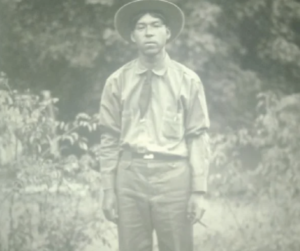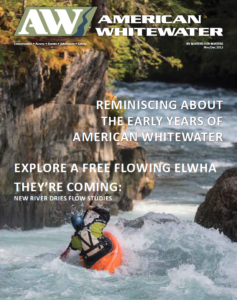Profiling Inspiration: Women’s History Month
Women have repeatedly been at the forefront of the environmental movement as activists, authors, scientists, and artists. #WomensHistoryMonth reminds us to stop and celebrate these women by calling attention to their work. In this article, we honor three of the many women who have asked us to stop, change our perspective, and reconsider how we as humans are impacting our ecosystems and sacred Earth–Robin Wall Kimmerer, Berta Isabel Cáceres Flores, and Rachel Carson.

Robin Wall Kimmerer
Robin Wall Kimmerer is a mother, scientist, decorated professor, founder and director of the Center for Native Peoples and the Environment as well as an enrolled member of the Citizen Potawatomi Nation. Her most recent book, Braiding Sweetgrass: Indigenous Wisdom, Scientific Knowledge, and the Teachings of Plants weaves together Kimmerer’s knowledge as both a botanist and a member of the Potawatomi Nation.
Braiding Sweetgrass offers readers is way to envision themselves in a reciprocal relationship with nature. Contrary to much Western environmental literature, the collection of essays doesn’t ask that humans leave nature alone, but rather that we learn how interact with it in a way that reinforces mutual respect and benefit between human and non-humans.
Though the book was originally published in 2013, it was not until 2020 that it made it onto The New York Times Bestsellers list. In her interview with NYT, Kimmerer proposed that her message may be resonating right now because, in her words, “When we’re looking at things we cherish falling apart, when inequities and injustices are so apparent, people are looking for another way that we can be living. We need interdependence rather than independence, and Indigenous knowledge has a message of valuing connection, especially to the humble.”
Hear more from Kimmerer as she asks, “What does Earth ask of us?” Questions for a Resilient Future: Robin Wall Kimmerer.
Play Video
Berta Isabel Cáceres Flores
Berta Isabel Cáceres Flores was an activist and organizer who helped to save the Gualcarque River in Honduras. She co-founded the National Council of Popular and Indigenous Organizations of Honduras (COPINH) to provide a voice for Indigenous people and the land upon which they live.
The Gualcarque River—a place of spiritual importance to the Lenca people of Honduras—was threatened in 2012 when the Honduran government pushed through plans to build the Agua Zarca Dam. In addition to violating international treaties governing indigenous peoples’ rights, for the Lenca people, this dam was viewed as an act of aggression against the community, its free will, and its autonomy.
Cáceres’ creative and enduring efforts involved community members in persistent peaceful protest, ultimately preventing dam construction until the contracts were finally terminated in 2013. She was awarded the Goldman Environmental Prize for her work two years later in 2015.
Despite the dam project’s cancellation, death threats to Cáceres continued until March 3, 2016 when she was killed by gunmen in her home in La Esperanza, Honduras. Her death and the subsequent death of her colleague and fellow COPINH member, Nelson García, just 12 days after her killing sparked international outrage.
Cáceres was featured in the Wild & Scenic Film Festival Official Selection Mother of All Rivers in 2015, which you can read more about here.

Rachel Carson
Rachel Carson became a household name after the publication of her book, Silent Spring, in 1962 challenged popular science at the time. Her book, which warned the public against the use of synthetic chemical pesticides after World War II, was met by a great deal of backlash from the chemical industry and some in government, who labeled her an alarmist. She did not back down in the face of this criticism.
The year following the publication of her book, Carson was called to testify before Congress. She asked that the government adopt new policies to protect the environment and human health.
Her background as a writer, scientist, and ecologist made her uniquely suited to deliver this message to the public. The idea that undergirded her argument was a radical one at the time. It asserted that humans are a vulnerable part of the natural world and, as a result, are subject to the same damage as the rest of the ecosystem. What we do impacts the ecological systems of which we are a part.
Her work as well as her passion for nature and courage to speak out inspired many others to embark upon overlapping work. You can find out more about “Rachel’s Traces” here.



